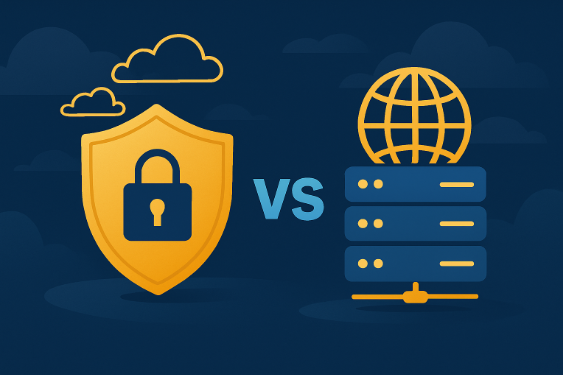VPN vs Proxy – What’s the Right Choice?

In today’s digital age, protecting your privacy online isn’t just a good idea – it’s essential. It’s a bit like locking your front door; sure, you could leave it open and hope for the best, but why invite trouble?
Two popular ways people try to shield their activity are VPNs and proxies. They both help hide your identity online, but they’re not created equal. Choosing the right one depends entirely on what you’re trying to achieve – and how much risk you’re willing to take.
Grab a brew and settle in as we break down the key differences, pros, cons, and the real-world situations where you’d want one over the other.
What Is a Proxy?
A proxy server acts like your digital body double. When you connect to a proxy, your internet traffic is routed through it first, masking your IP address from the sites you visit.
To put it simply, it’s like sending your mate to queue up for you at the bar while you hide behind a pillar. You still get your drink, but you stay out of sight.
Proxies are often used for:
- Accessing region-blocked websites
- Bypassing basic internet filters at work or school (naughty but common)
- Hiding your IP address when scraping data or using bots
But here’s the catch: most proxies don’t encrypt your traffic. Your information can still be seen by anyone with enough know-how to look. It’s privacy theatre – it looks like you’re hidden, but you’re really just wearing a cheap mask.
Types of Proxy Servers
- HTTP proxies – Only useful for web traffic (browsing websites)
- SOCKS proxies – More flexible, handling different types of traffic (great for P2P sharing, but often slower)
- Transparent proxies – These don’t hide your IP and are often used by companies or public networks to monitor users (sneaky, eh?)
Pros of Using a Proxy:
- Quick to set up
- Good for light browsing or bypassing region blocks
- Often free (though you get what you pay for…)
Cons of Using a Proxy:
- No encryption – your data is still vulnerable
- Some proxies log your activity (and might sell it, if they’re feeling cheeky)
- Connection speeds can vary wildly
- Not reliable for sensitive tasks like online banking
What Is a VPN?
A VPN (Virtual Private Network), on the other hand, offers the full suite of protection. When you use a VPN, it creates an encrypted tunnel between your device and the internet. Your IP address is hidden, your data is scrambled into a code even a genius hacker would struggle to crack, and you can browse in peace.
Think of a VPN like a secure, high-speed train underground. You’re still travelling from A to B, but no one on the surface knows what you’re doing, where you’re going, or what time you’ll arrive.
VPNs are used for:
- Protecting personal data on public Wi-Fi (because nothing ruins a coffee shop vibe like a hacked bank account)
- Secure remote work connections
- Streaming geo-blocked content (because sometimes you just need access to the BBC while sunning it up in Spain)
- Bypassing censorship in restrictive countries
Pros of Using a VPN:
- Full encryption of your internet traffic
- Hides your IP address and true location
- Safe for sensitive activities (like financial transactions)
- Access to content globally
- Protects you from nosy ISPs and cybercriminals
Cons of Using a VPN:
- Might cost a few quid a month for a good service
- Slight decrease in internet speed (but a small price for peace of mind)
- Some websites may block VPN traffic
Proxy vs VPN – Side-by-Side Comparison
| Feature | Proxy | VPN |
|---|---|---|
| IP Address Hiding | Yes | Yes |
| Data Encryption | No | Yes |
| Speed | Faster (but unreliable) | Slightly slower (but secure) |
| Security Level | Low | High |
| Suitable For | Streaming, bypassing simple restrictions | Secure browsing, remote work, serious privacy |
| Cost | Often free (but risky) | Paid (but reliable) |
When Should You Use a Proxy?
- You just need quick access to a website blocked in your region.
- You’re streaming content where you’re not worried about security.
- You’re doing non-sensitive browsing and need something simple and fast.
Best for: Casual, low-risk activities.
When Should You Use a VPN?
- You’re handling sensitive information – like online banking, confidential emails, or work files.
- You want full online privacy and security.
- You’re travelling or using public Wi-Fi.
- You want reliable, private access to global streaming libraries.
Best for: Anyone who cares about real online security.
Why Businesses Should Care
If you’re running a business (or even just freelancing), using a proxy might cut it for quickly checking international websites – but it won’t protect your confidential data.
A VPN is essential if:
- You have remote workers
- You handle customer information
- You’re dealing with sensitive business communications
- You want to avoid costly data breaches (and those pesky GDPR fines!)
Frankly, choosing a proxy over a VPN for business use is like using cling film instead of proper armour. It’s just not going to end well.
The Final Verdict
Proxies are like using a paper mask at a masquerade ball – fine for a bit of fun, but not fooling anyone who looks closely.
VPNs are your full suit of digital armour. They not only hide your identity but protect your data at every step.
If you care about your online safety, your privacy, and your sanity, a VPN is the smart choice. If you just want to watch The Great British Bake Off while abroad, a proxy might do – but don’t come crying to us when you get hacked!
Need help choosing the right VPN or setting one up for your business?
Drop us a line – we’ll get you sorted with proper solutions, no techy waffle, just good old-fashioned IT know-how (with a smile).
